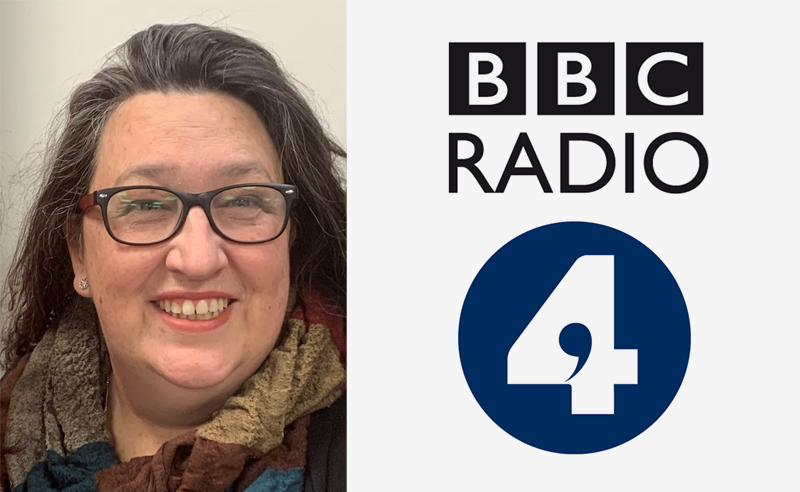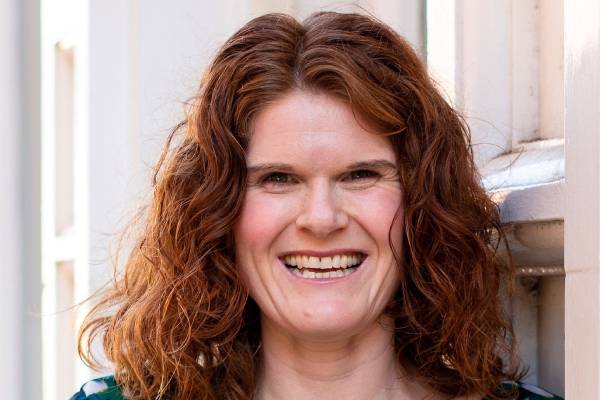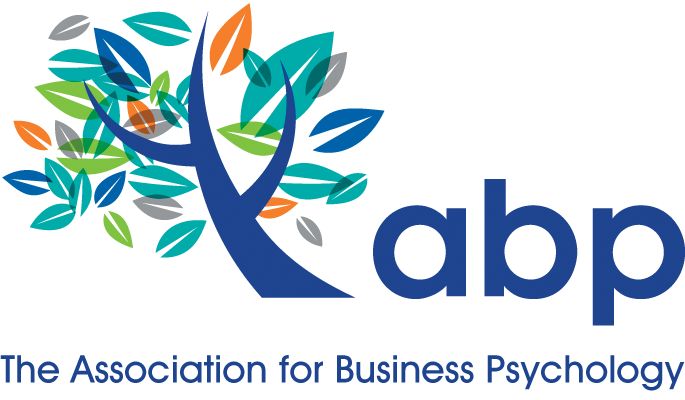Authored by Certified Business Psychologist Laura Howard. Certified Business Psychologist, Laura Howard, reflects on the webinar she recently delivered to ABP members. Below she outlines the main findings of her published research uncovering systematic barriers women face when being authentic as leaders. Importantly, she gives…

Claire Lish, Fellow of the ABP
Claire was recently featured on Radio 4. To listen to her segment see below and her thoughts following the interview
https://www.bbc.co.uk/sounds/play/m001h606 The segment starts at 52:05 and Claire is on from 53:24 – 57:14.
I was delighted to be interviewed by Evan Davies on the PM show and briefly share a couple of thoughts about the recent comments from Professor Susan Jebb (Food Standards Agency), suggesting that bringing cake into the office should be seen as harmful to your colleagues in the same way as passive smoking.
In fact, Professor Jebb was in the main talking about her disappointment in the minister’s decision to delay a television watershed for junk food advertising, but a debate over cake was always going to be more hotly debated as a catchy headline.
The obesity crisis is serious, it impacts on lives and on NHS services. Britain is apparently the heaviest nation in Western Europe, so we do have a problem that we need to address urgently, but nonetheless I stand in defence of office cake.
I find the connection between passive smoking and office cake to be a little troubling. One of my first work experience jobs at the age of 15 was in a local newspaper office. All the journalists smoked heavily, one of them always brought a 2-litre bottle of water to work because she considered herself a health nut! I remember vividly that it was like a cloud in that office, with ashtrays overflowing and my eyes stinging. This was peak passive smoking, and I am massively in favour of the way in which we have managed to curb smoking in public spaces because at the end of the day, if you smoke in the same room as me, that smoke will go in my lungs.
If, however, you eat cake in front of me, the only way that frosting is making it to my hips, is if I make a choice to eat the cake with you. And this is the critical piece. Do I have the willpower to avoid the cake? Am I educated enough to consider the impact of that cake in the context of the rest of my diet? Possibly no on both counts, I do like a bit of cake, and that is on me, in the same way that I make a choice on whether to smoke or whether to drink alcohol. (Neither).
So passive smoking is rarely a choice, eating cake is a choice. I am troubled by the suggestion that most people would be unable to control their consumption, because actually, plenty of people are able to exercise control around tempting cakes. If we ban cake in the office, will those people with disordered eating, those people who are seriously obese and not addressing the health concerns that presents, simply stop eating cake? Or will they go out at lunchtime and eat cake, or energy drinks or chocolate or other snacks, in fact how much are we going to police people’s lunch boxes. The balance of power between employee and employer is really on shaky footing when we now tell people what they can and cannot eat at work.
One of my sons had a number of operations when he was young and was tube fed for a long time. To this day he has to work hard to keep his calorie intake super high. He eats a lot of cake and turns into a monster if his sugars get too low, but in fact, he is better eating things like flapjacks and hearty home bakes than processed sugary snacks that might be deemed acceptable. Do we give him a pass if he eats the right types of cakes? Perhaps gluten free vegan blondies could get a pass? Will employers need to create a system to ensure there are no rule breakers in the office? Because honestly, if we are going to crack down on bad food behaviours at work, I think we need to prioritise people heating mackerel in the microwave or storing their epic cheese collection on a whole shelf of the fridge!
Flippancy aside though, food sharing is a foundational human practice which is at the very core of human civilisation. We share a meal, and we share a culture. Family meals are associated with multiple health and social benefits in young people, and in fact may play a role in reducing family obesity. A piece of Korean research in 2019 found significantly positive associations between eating together and the European Quality of Life – 5 Dimensions index (P<.001).
I did a piece of company research during the pandemic looking at the future of work at a firm. I asked people what they wanted the world of work to look like as we came out of restrictions, and I was really surprised that very few respondents came back with suggestions about technical aspects of work set up. The conversation was all about connections, it was about clubs, ways to meet and get to know each other better – that was what people at work were interested in.
It is not lost on me that as we hear employers calling out for people to return to the office for the opportunities to cross pollinate learning and knowledge, share ideas and innovation and enjoy the serendipity of the apparently incredible collaboration that happens at the water cooler, that we have a conflicting view now that the one thing that will pull a stampede to a communal area in the office faster that you can say “huge pay rise announcement”, is the lowly carrot cake that Brenda from accounts brought in to celebrate her birthday!
We of course shouldn’t be looking at fruit, yoga or even cake as the panacea to health and wellbeing at work, but we should be considering the types of activities that do give people the chance to connect with each other and to build relationships, and one cannot deny that those friendships can form at the charity bake sale at work or when passing time in the kitchen. Gallup claims that there is 50% higher satisfaction where people have friends at work, so please don’t ban cake, encourage other options.
Offer education, build a culture where people have the chance to make balanced choices and can leave the office for a healthy walk rather than eating off the side of the desk. Resource appropriately so that your people aren’t stress eating, or too exhausted to make the right health choices once they do leave the office. Have a benefits program that supports emotional, financial, and physical health.
Offer the fruit bowls of course, but let people have their cake, and eat it if they want to!
Interesting links:
Choi, M.-J. et al. (2020) ‘Eating Together and Health-Related Quality of Life Among Korean Adults’, Journal of Nutrition Education and Behavior, 52(8), pp. 758–765. doi:10.1016/j.jneb.2019.11.013.
Kubo, Y. et al. (2022) ‘Eating alone and weight change in community-dwelling older adults during the coronavirus pandemic: A longitudinal study’, Nutrition, 102. doi:10.1016/j.nut.2022.111697.
Alice P. Julier (2013) Eating Together : Food, Friendship and Inequality. Urbana: University of Illinois Press. Available at: https://search.ebscohost.com/login.aspx?direct=true&db=edsebk&AN=592686&site=eds-live (Accessed: 19 January 2023).
https://www.gallup.com/workplace/397058/increasing-importance-best-friend-work.aspx



